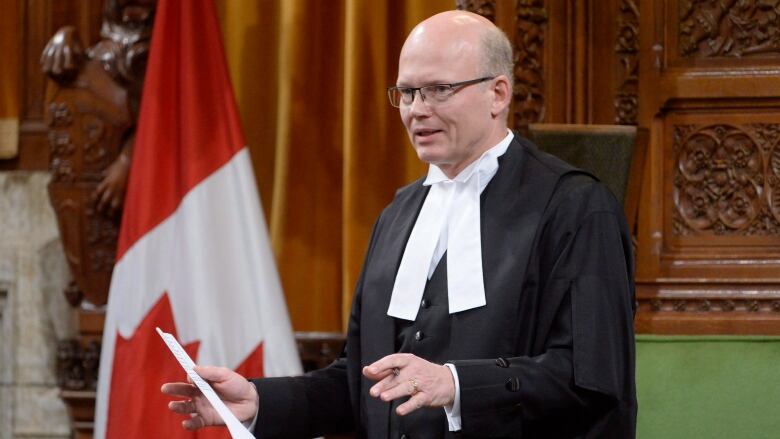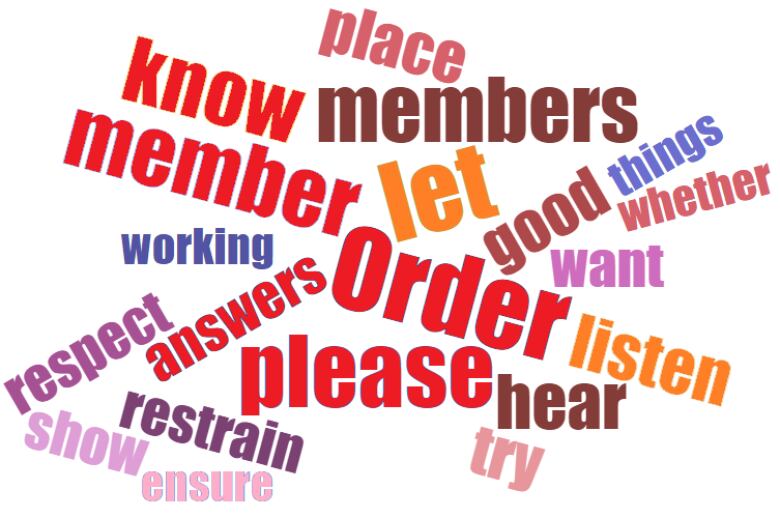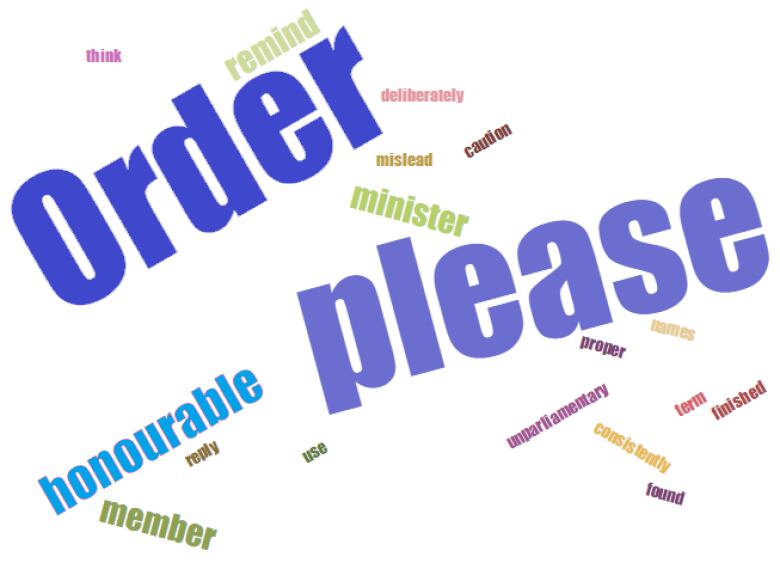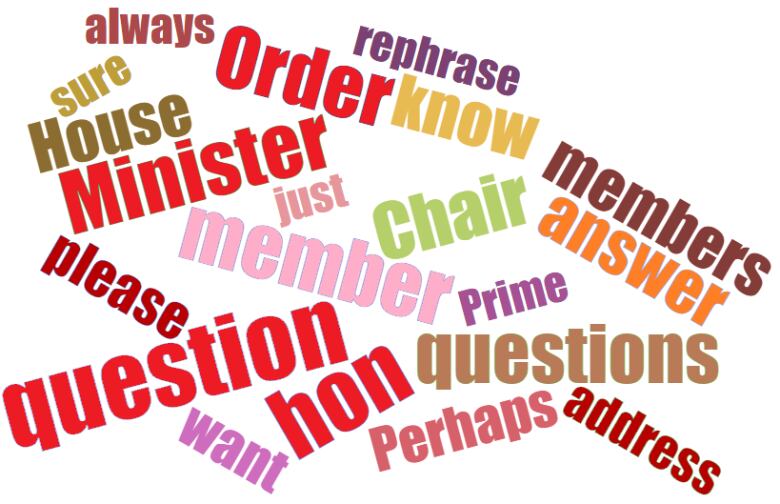Speaker Geoff Regan more vocal than predecessors in search of House civility
'Let us ensure it is not like a 1950s old boys club in here,' Speaker admonishes. Will MPs take the hint?

The new Speaker of the House of Commons, Geoff Regan, has emphasised civility in a significantway in the new Parliament, injecting himself into question period more than his recent predecessors, an analysis of his record in the House shows.
In the first 10 question periods Regan has presided over, he has made 31 substantive interventions (defined as anything other than calling on an MP or dealing with a technical issue).
This makes him a much more active Speaker than his predecessor was as he sets the tone for the new Parliament. Andrew Scheer, now the Opposition House leader for the Conservatives, made only 11 substantive interventions in his first 10 days as Speaker in 2011.
This putsReganon par with PeterMilliken, who was the Speaker from 2001 until 2011 and made 29 substantive interventions in his first 10 question periods.
In addition to intervening more often than his immediate predecessor, Regan has had more to say. Scheer uttered only 87 words in his first question periods, compared with almost 800 for Regan.
- Podcast: The theatre of question period
- Wherry: To reform Parliament, MPs might start by holding their applause
It is possible, of course, that the previous Parliament was merely less raucous than the current one, requiring fewer interventions.
But it is not just in the number of interventions that Regan has sethimself apart from his predecessors. The content of those interventions hasbeen starkly different from those of his predecessors, including John Fraser and Gilbert Parent, who presided over the House from 1986to 2001.
Respect and restraint
The Speaker's first days in the job can be important, as they'rean opportunity to set the tone for the new Parliament and to put his or her stamp on how the proceedings should unfold.
But Regan's interventions in question periodhave been unusual for their emphasis on respect and civility.Regan also stands out for identifying heckling MPs, having already done so on four separate occasions, the most recent on Tuesday.
Some of the more frequent words spoken by Regan have included "respect," "restrain," and "colleagues." On one of the last question periods before the holiday break, Reganasked those in the House to "restrain ourselves and listen to the other person's argument, whether we like it or not, and sometimes we do not. However, let us try to listen and show respect for him or her, but also, more important, for this place."

On Monday, he received loud applause from some sides of the House for stating that "we want to have more and more women parliamentarians in the House of Commons and it is important that we have a workplace that is civilized, so let us ensure it is not like a 1950s old boys club in here."
This kindof comment is unusual for a Speaker of the House, particularly in its frequency, and is a major departure from Scheer's more understated attempts to set the tone in his early days in the role. Scheer was a relative wallflower in his first 10 days, saying little more than "order, please" during question period.

From the transcripts,Millikenappears to have focused his early days in the House on the quality of debate, frequently asking MPs to rephrase their question or commenting on the appropriateness of the question itself.
Etiquette and tradition
Speakers often take their seat in the House shortly after an election campaign when many new MPs have been elected for the first time. Accordingly, they have often spent much of their time in question period reminding parliamentary rookies of the rules.
That has not been as common with Regan as it was for Milliken, whokept many of his interventions in his early days as Speaker to etiquette and tradition.Some of his most common words spoken were "question," "answer"and "rephrase."

In this Milliken was following in the footsteps of Parent, who presided over the House after the 1993 election when a crop of new MPs from the Bloc Qubcois and Reform Party were sent to Ottawa. Parent intervened about as often as Milliken and Regan, but this was largelyto remind MPs to direct questions to the Speaker and not to other MPs, or to refrain from identifying MPs by name rather than their electoral districts.
Fraser, the first Speaker to be elected to the role by MPs in the House, intervened primarily to keep order in his first 10 question periods.
Whether the tone Reganhas attemptedto set early on in the 42ndParliament will prevail and endure remains to be seen. The scolding of MPs for heckling may only go so far.
In the end, the 337 other MPs in the House of Commons have the ability to improve civility during question period butonly if they want to.














_(720p).jpg)


 OFFICIAL HD MUSIC VIDEO.jpg)
.jpg)



























































































